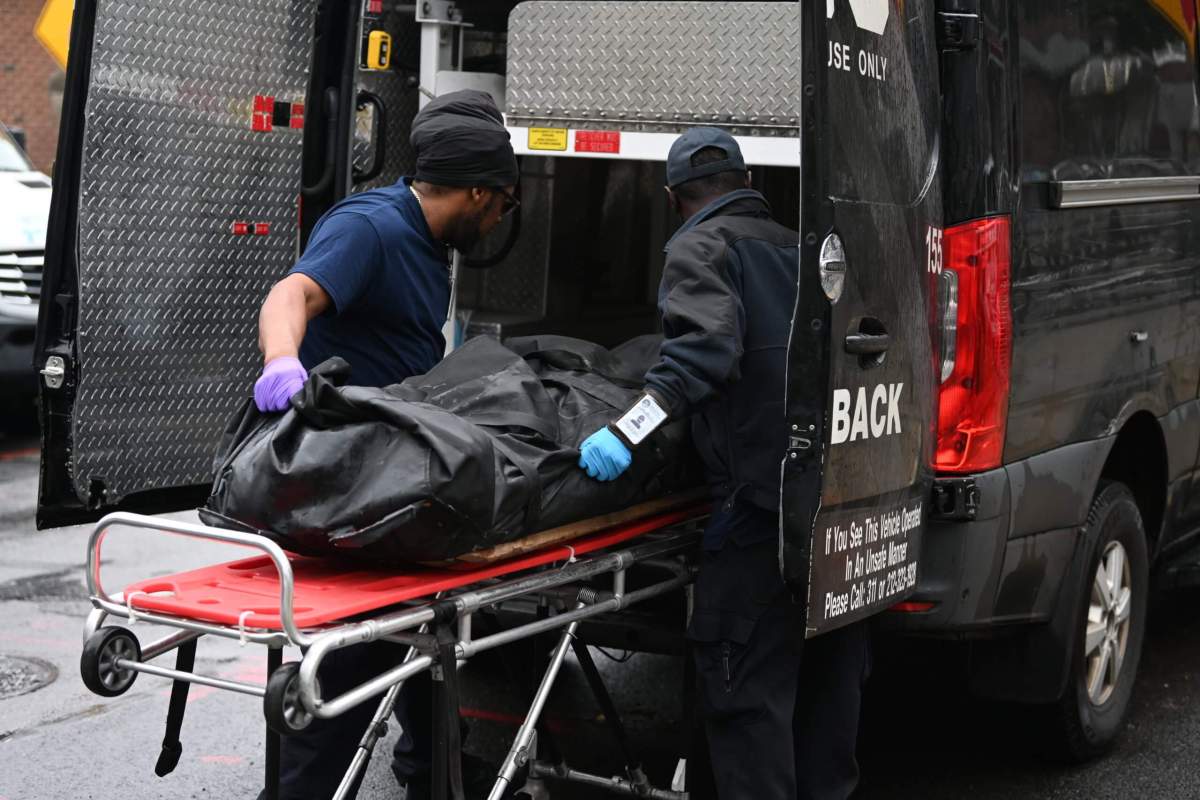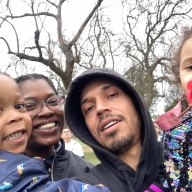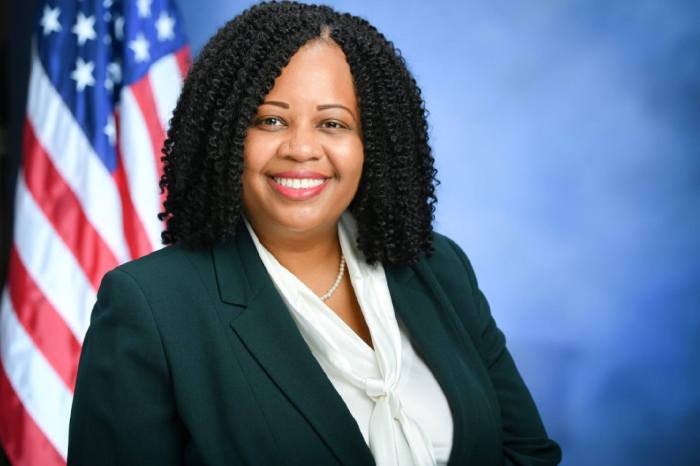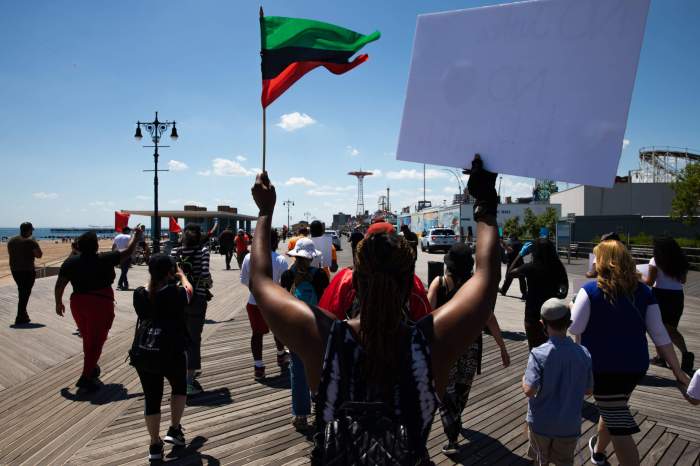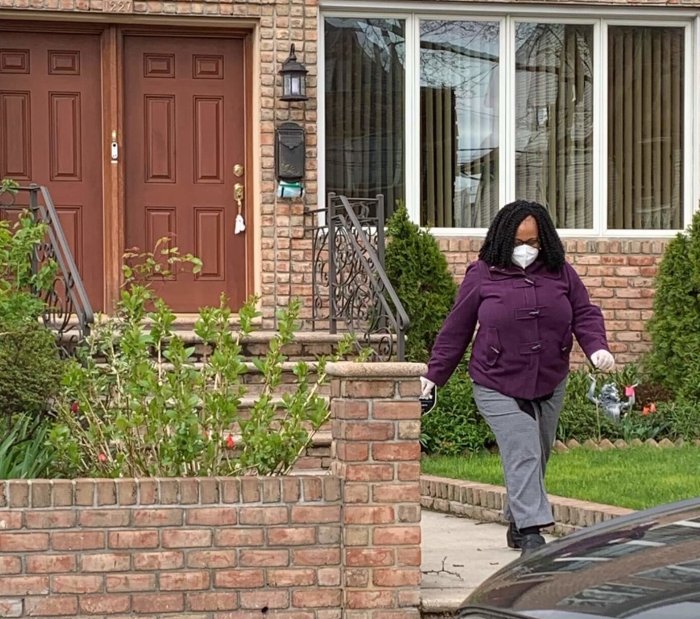A southern Brooklyn lawmaker aims to close the income gap by bringing a slate of job training and financial planning workshops to her district’s low-income residents.
“I often say that we’re a historically marginalized community that has been finding our way to rebound for many, many decades,” said Assemblywoman Mathylde Frontus, whose district includes Coney Island, and portions of Gravesend, Bay Ridge, and Dyker Heights. “This economic mobility plan offers six points which will be able to help individuals go from point A to point B.”
The proposal, which Frontus unveiled on Tuesday, aims to connect southern Brooklynites to career-readiness and resume-writing workshops, informational sessions on how to reduce debt, advisory sessions for first-time homeowners, and other programs run by non-profits.
Though the programs already exist and are available to all New Yorkers, Frontus said that the bulk of her proposal’s success will come from her staff’s efforts to connect locals to the programs and track each participants’ progress.
“My office is going to be doing some heavy community engagement. We’re going to sign people up from the district for these services,” she said. “We’re not just putting a flyer on Facebook and saying, ‘Hey, in case you didn’t know, sign up for these classes.'”
The staff will send out email blasts and reach out to constituents individually to connect them to the classes that suit them best, one of Frontus’ advisors said.
“We’re like a waiter essentially in a restaurant, and our partners are the chefs,” said Chermaine Mangaroo, a senior advisor to Frontus.
In terms of career readiness, locals can choose from workshops that offer personal employment counseling, high school and college equivalency preparation, and UX design from Kingsborough Community College; more job training and green construction training sessions by the Hope Program; and consultations with Small Business Services for locals looking to open a small business.
Residents can also learn about financial planning, banking alternatives, and how to buy their first home in workshops offered by Neighborhood Assistance Corporation of America (NACA), Neighborhood Housing Services of Brooklyn CDC, Inc. (NHS Brooklyn), New Economy Project, and others.
All the workshops are now held virtually, but Frontus said she may eventually bring the courses to her Mermaid Avenue offices when in-person gatherings can resume safely.
In the meantime, she hopes the plan will serve as a lifeline to residents of her district — particularly Coney Island, a neighborhood whose poverty rate hovers just below 30 percent. Coney Island residents have struggled with poverty and high unemployment rates before the COVID-19 pandemic, but the season-long closure of the amusement district accelerated those trends.
“Without a comprehensive plan to help those who have suffered economically during this crisis – many of whom were already struggling – families might never recover,” Frontus said.
Frontus’ six-point plan aims to provide six forms of assistance — career readiness and training, entrepreneurship, home ownership assistance, financial planning, cooperative economics, and community investment opportunities. One former lawmaker who represented the district lauded the plan’s comprehensive approach.
“This is one of the most promising initiative we’ve had in the 46th Assembly District for a while,” said Coney Island’s former Assembly member and current City Council candidate, Alec Brook-Krasny. “I’m very, very happy that this plan is happening now.”
More information will soon be made available about the programs. To learn more, call Frontus’ office at 718-266-0267.














